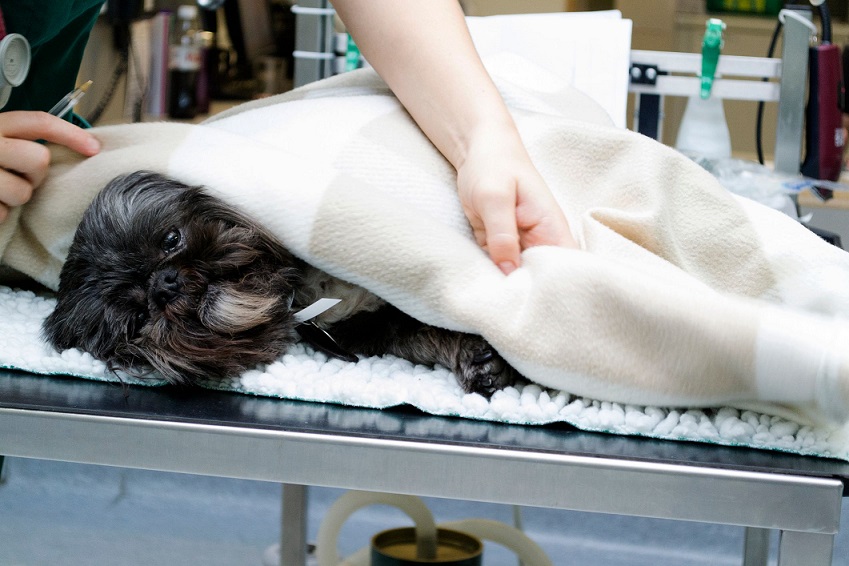For pet owners facing the difficult decision of whether their beloved animal needs orthopedic surgery, understanding the world of veterinary orthopedic surgery is essential. To shed light on this specialized field, we interviewed Dr. Sarah Thompson, a leading veterinary orthopedic surgeon with over a decade of experience. In this article, Dr. Thompson shares her expert insights on the intricacies of veterinary orthopedic surgery, common procedures, recovery process, and tips for pet owners.
The Importance of Veterinary Orthopedic Surgery
Orthopedic surgery plays a crucial role in the overall health and well-being of animals, particularly those suffering from musculoskeletal conditions or injuries. Here are some key insights from Dr. Thompson on why veterinary orthopedic surgery is essential:
Key Insights:
- Improves quality of life for pets with orthopedic issues
- Addresses and corrects musculoskeletal conditions
- Helps alleviate pain and discomfort
- Restores mobility and functionality
Common Procedures in Veterinary Orthopedic Surgery
There are several common procedures that veterinary orthopedic surgeons perform to address a wide range of musculoskeletal issues in animals. Dr. Thompson highlights some of the most common procedures:
Common Procedures:
- TPLO (Tibial Plateau Leveling Osteotomy) for cruciate ligament tears
- Fracture repair using plates, screws, or pins
- Joint replacement surgery for hip dysplasia
- Arthroscopic surgery for joint conditions
- Ligament repair for injuries such as luxating patellas
The Recovery Process for Orthopedic Surgery Patients
After undergoing orthopedic surgery, pets require a dedicated recovery process to ensure optimal healing and rehabilitation. Dr. Thompson outlines the typical recovery process for orthopedic surgery patients:
Recovery Process:
- Post-operative pain management
- Restricted activity and limited mobility
- Physical therapy and rehabilitation exercises
- Regular follow-up appointments with the veterinarian
- Dietary adjustments to support healing and weight management
Tips for Pet Owners Considering Orthopedic Surgery for Their Pets
For pet owners who are considering orthopedic surgery for their furry companions, Dr. Thompson offers valuable tips to help them make informed decisions and provide the best possible care for their pets:
Valuable Tips:
- Consult with a board-certified veterinary surgeon with experience in orthopedic procedures
- Discuss the risks, benefits, and expected outcomes of the surgery with the veterinarian
- Follow post-operative care instructions diligently to ensure a smooth recovery
- Monitor your pet's progress and communicate any concerns with the veterinarian
- Provide a comfortable and stress-free environment for your pet during the recovery period
Conclusion
Orthopedic surgery plays a vital role in improving the quality of life for pets suffering from musculoskeletal conditions or injuries. By gaining insights from experts like Dr. Sarah Thompson, pet owners can better understand the world of veterinary orthopedic surgery and make informed decisions regarding their pet's care. With advances in surgical techniques and post-operative care, pets can now benefit from improved outcomes and faster recovery times. If your pet is in need of orthopedic surgery, consult with a qualified veterinary orthopedic surgeon to explore the best treatment options available.

